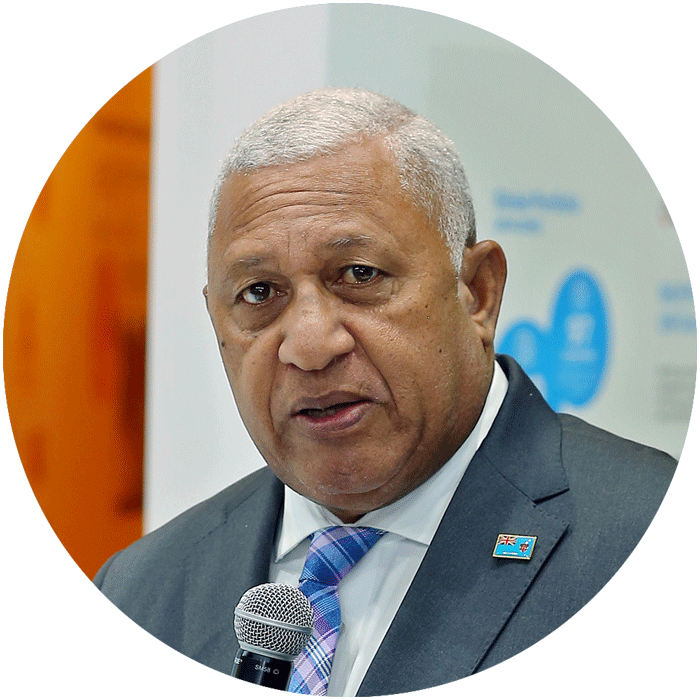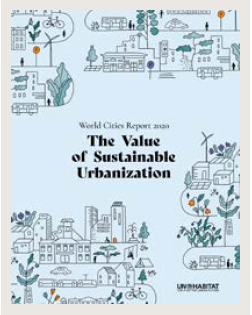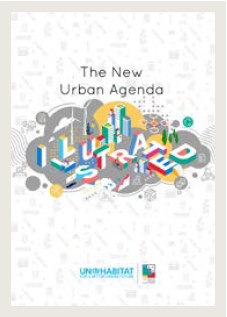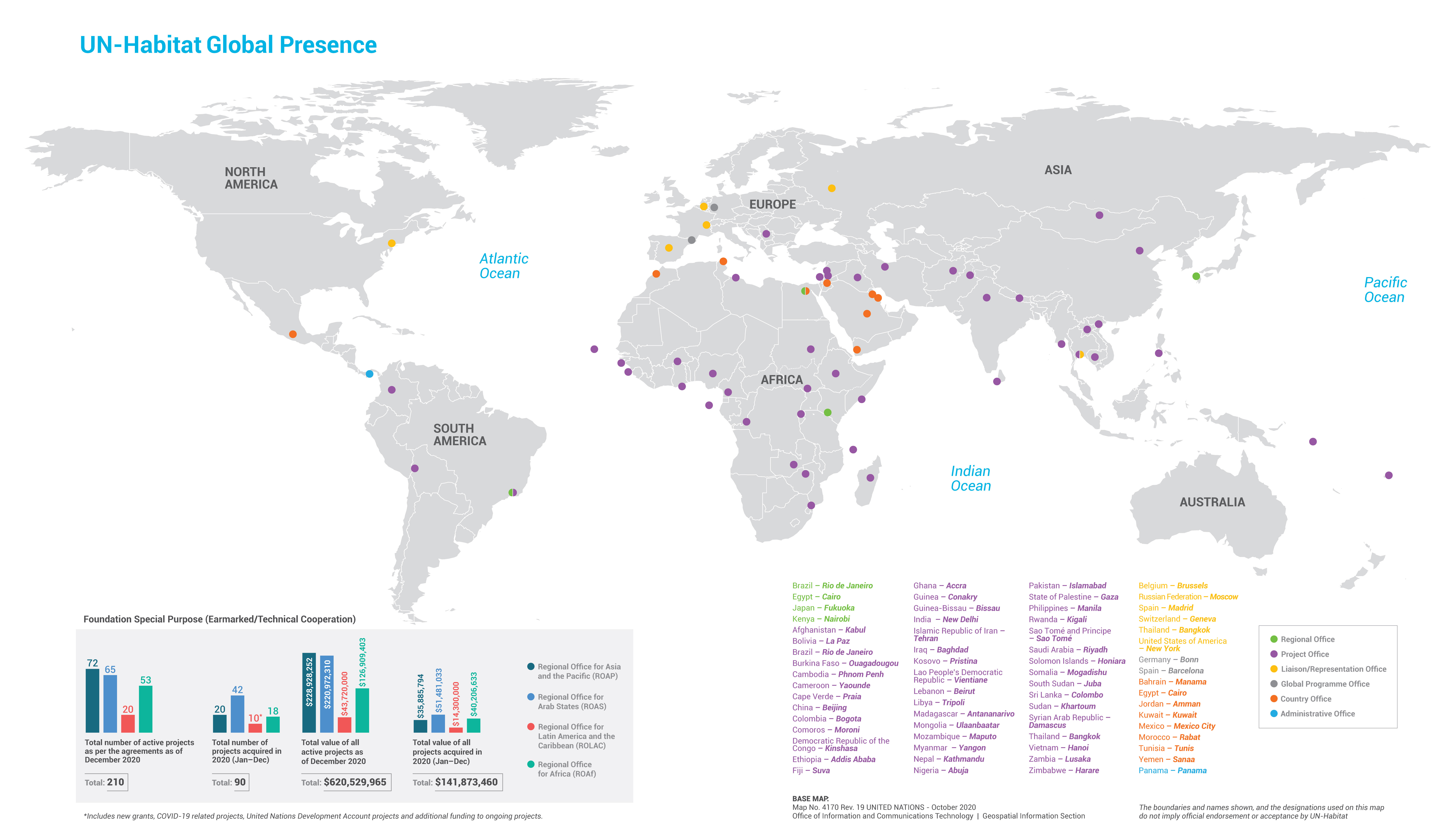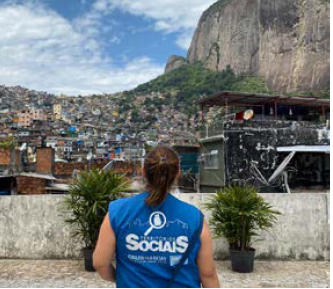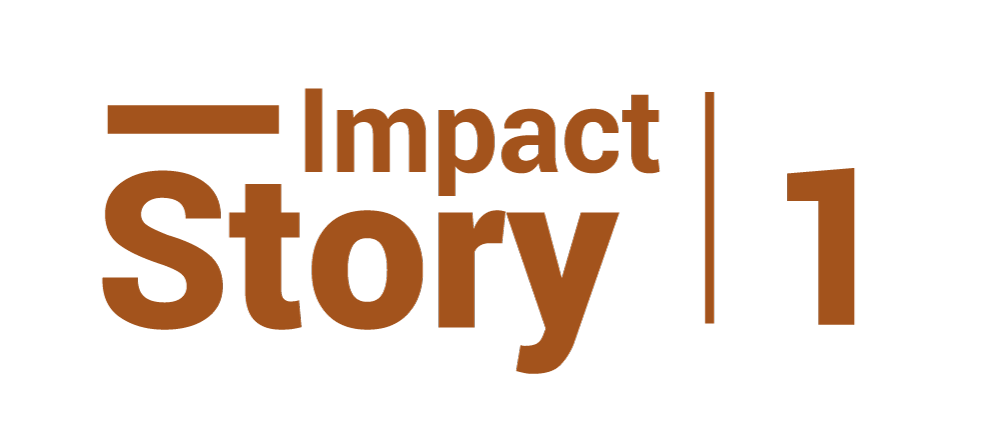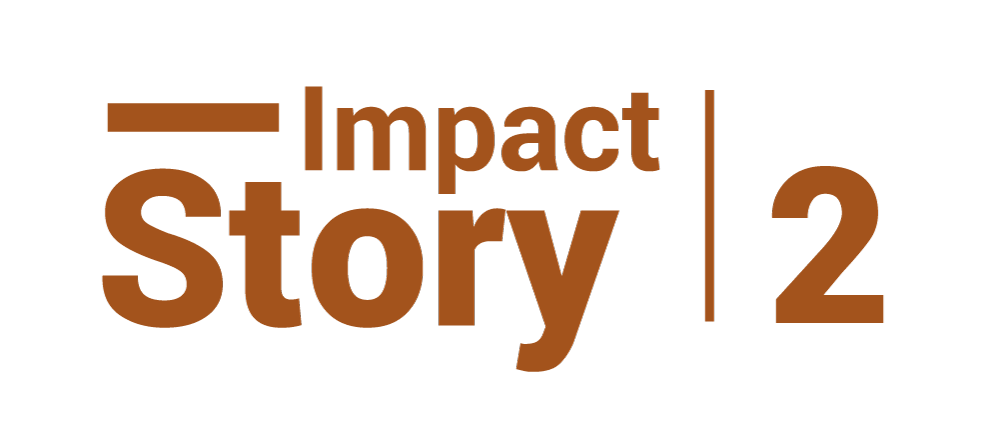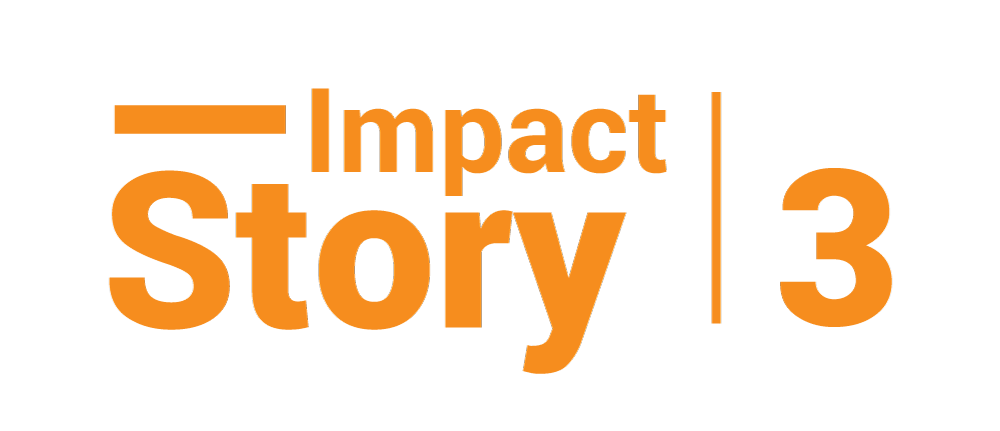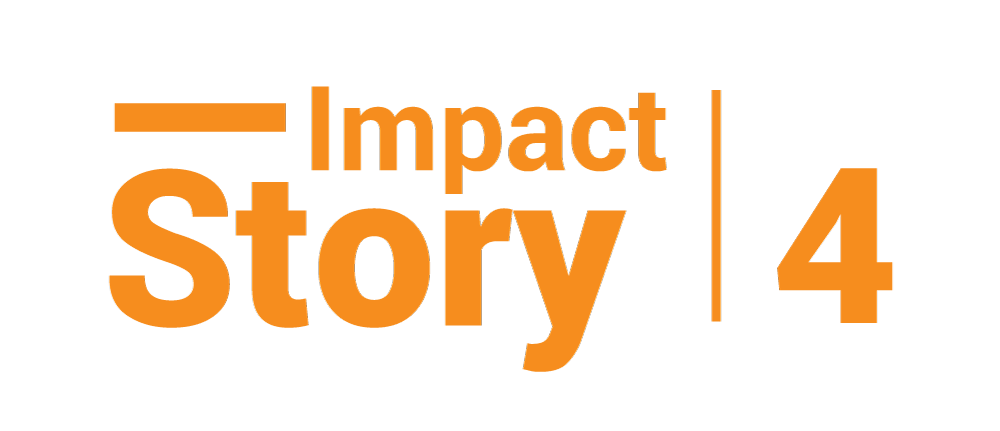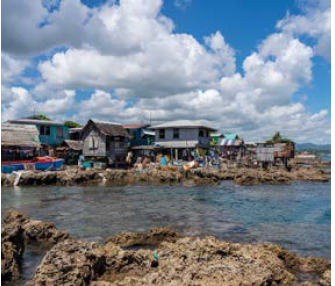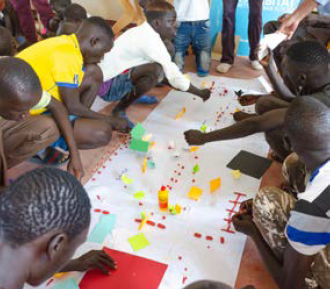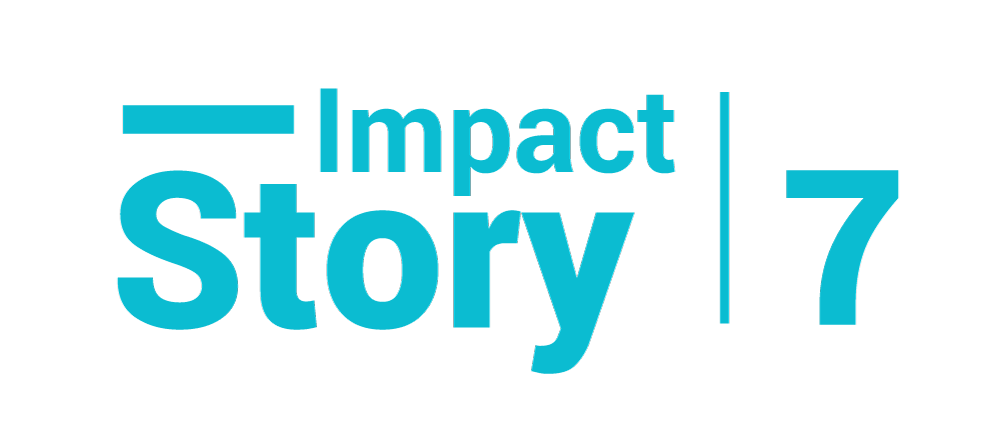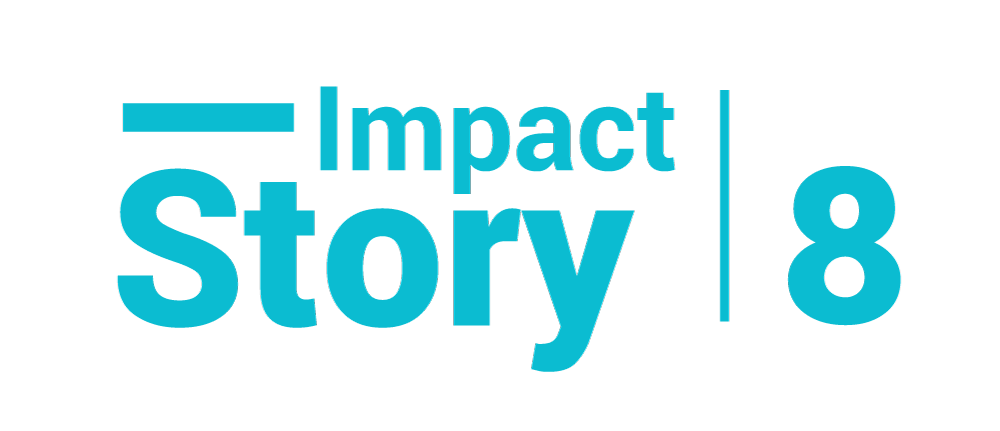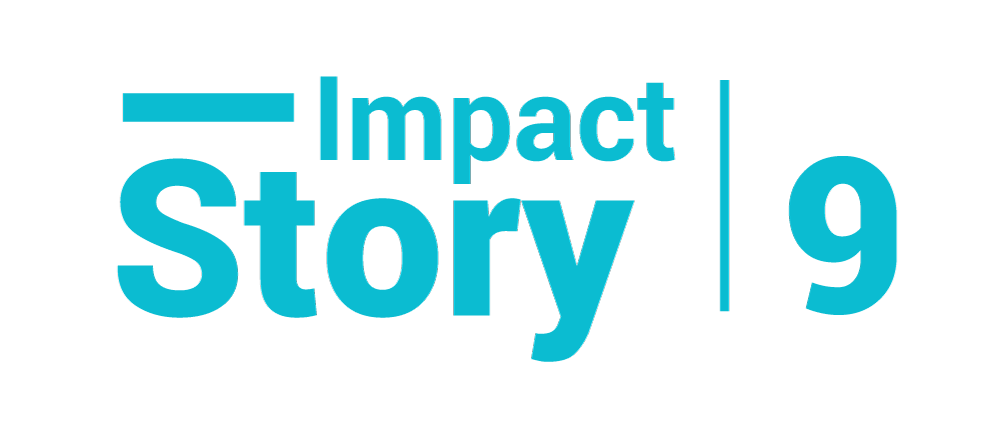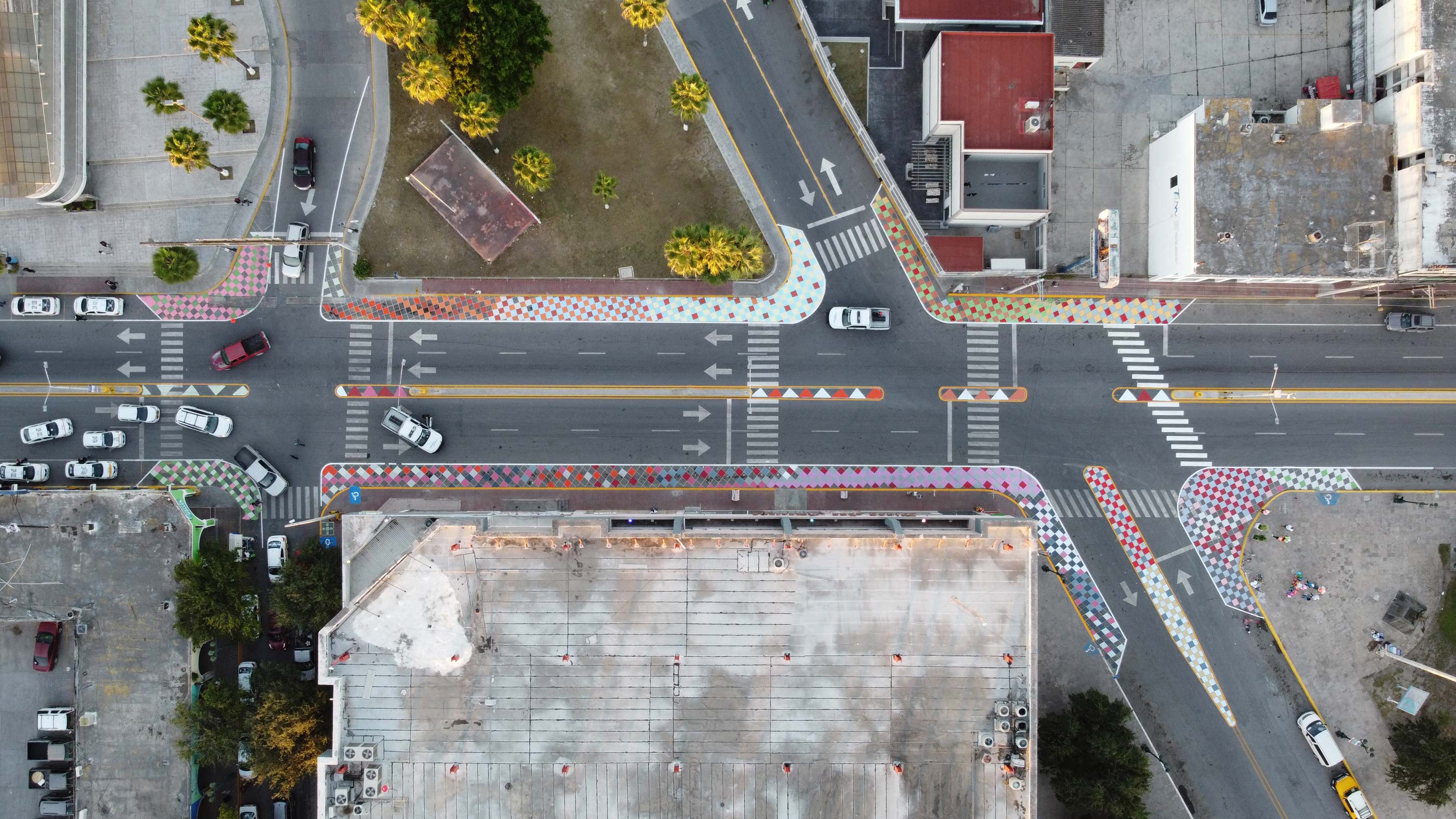A year after the
declaration of a global
pandemic, we reflect
on the challenges and
changes that have
occurred so quickly
in the world’s cities
and in all our human
settlements.
I am pleased to share this
Annual Report with you.
Ms. Maimunah Mohd Sharif
United Nations Under-Secretary-General
and Executive Director
UN-Habitat Response to COVID-19
UN-Habitat launched an immediate emergency response to the COVID-19 pandemic that covered 75 projects in 37 countries. This ensured duty of care to staff and business continuity in offices, and mobilized emergency programming resources including leveraging USD 1.3 million for rapid impact projects in 13 countries and mobilizing USD 32 million to support the most marginalized people most quickly. Throughout 2020, UN-Habitat helped 6.8 million people in 37 countries and 300 cities adapt to the global health crisis and resulting socio-economic fallouts through 71 projects with more than 250 partners.
UN-Habitat’s emergency technical assistance helped local officials adapt public health directives to improve conditions in informal settlements, and helped governments and cities with slum upgrading, basic services, affordable housing, disaster recovery and livelihoods for youth. UN-Habitat’s work profiling 1,700 cities informed better decision-making and coordination, benefitting more than 10 million people.
UN-Habitat’s global, national and city-level COVID-19 responses focused on densely populated urban areas affected by a lack of adequate housing, mobility and connectivity, while policy and programme frameworks focused on supporting local government and community-led solutions, information gathering, monitoring and mapping, and mitigating economic impact and initiating recovery.
2020 Achievements
We rolled out UN-Habitat’s immediate response plan covering 75 projects in 37 countries with USD 32 million raised and reprogrammed to support the most marginalized most quickly.
Throughout the year we provided support to 6.8 million people in 37 countries and 262 cities to adapt to the global health crisis and resulting social-economic fallouts by implementing 71 projects with more than 250 partners.
Working with CitiIQ, we created a global database on city preparedness and pandemic responses involving 1,700 cities across all regional groups.
We worked with partners to ensure that social cohesion and community resilience are a pillar of the United Nations framework for the immediate socio-economic response to COVID-19.
UN-Habitat worked with key agencies and local governments to bring learning and recommendations forward in the United Nations Secretary-General’s Policy Brief: COVID-19 in an Urban World.
The City Prosperity Initiative was used to guide decision-making in around 50 countries by establishing linkages between data, knowledge and policy actions.
We collected data on 77 indicators from with the Global Urban Indicators Database from 1,500 urban areas in 132 countries with the Global Urban Indicators Database.
We prepared a Global Monitoring Framework as a universal urban monitoring system.
We launched the Urban Agenda Platform to support monitoring of progress to achieve the New Urban Agenda and urban related SDGs.
We provided support to 36 national governments and more than 20 cities , benefitting more than 300,000 people by improving living conditions in informal settlements.
We supported the local implementation of the SDGs through 30 sustainable, integrated and inclusive urban projects, achieving scaled transformative change in 19 cities.
96 cities used participatory planning methodologies and collected spatial data to increase social cohesion between migrant, displaced and host communities under several regional and country teams.
The HerCity platform provided a digital toolbox to create more inclusive, equal and sustainable cities and promote participation of girls and young women in urban planning using innovative digital technologies in 17 cities.
UN-Habitat’s total income in 2020 was USD 193.7 million, representing 76.6 per cent of its target
Since January 2020, we have signed agreements with 191 partners: Governments (51), United Nations entities (18), Local Governments (26) and Civil Society Organizations (96).
Projects financed by the Adaptation Fund totalled over USD 49 million , supporting the community-level adaptation of infrastructure to climatic changes in south-eastern Africa, Cambodia, Jordan, Lebanon, Lao People’s Democratic Republic, Pakistan and Vietnam, significantly increasing the portfolio to benefit 14 countries
Global Presence
Centre of Excellence
UN-Habitat drives global discourse and agenda on sustainable urban development, leads policy discussions and contributes to a wide range of reports. Its latest flagship report World Cities Report 2020: The Value of Sustainable Urbanization, shows the intrinsic value of sustainable urbanization and how to harness it for universal well-being.
In 2020, UN-Habitat worked with partners to launch the Urban Agenda Platform and developed the joint Global Urban Monitoring Framework to track progress of implementation of the New Urban Agenda, urban dimensions of the Sustainable Development Goals (SDGs) and other global agendas.
A Capacity Building Strategy approved in October 2020 will improve implementation of the New Urban Agenda and the urban dimension of the 2030 Agenda for Sustainable Development and allows UN-Habitat to increase urban stakeholder empowerment and impact. An internal digital learning strategy teaches various approaches and tools around capacity-building and identifying partners, solutions and a roadmap to accelerate the digital transformation of UN-Habitat’s learning activities.
To adjust its support to national and local governments and communities during the COVID-19 pandemic, UN-Habitat moved meetings to virtual platforms, provided remote advice and ran 175 days of workshops and training events to support the New Urban Agenda and the SDGs.
Urban in the UN System
UN-Habitat fulfilled its role as a focal point for sustainable urbanization in the UN System by promoting system-wide coordination on sustainable urbanization. It concentrated on putting in place the United Nations System-Wide Strategy on Sustainable Urban Development adopted by the Chief Executives Board in 2019, and on more strategic partnerships relating to data, integrated policy support and financing.
In December 2020, the United Nations General Assembly though its resolution A/RES/75/224, called for a High-level Meeting of the General Assembly on the Implementation of the New Urban Agenda to be held in 2022. In response to COVID-19, UN-Habitat led an inter-agency collaboration to develop the Secretary-General’s Policy Brief: COVID-19 in an Urban World, which was launched in July 2020.
UN-Habitat led the social cohesion and community resilience component of the United Nations framework for immediate socio-economic response to COVID-19, and started a global database of the effects of the pandemic on cities and the cities’ responses. UN-Habitat released the global report Cities and Pandemics: Towards a More Just, Green and Healthy Future in March 2021 which demonstrates how cities can reduce the impact of future pandemics and become more equitable, healthy and environmentally friendly. The report provided policy analysis based on data from more than 1,700 cities which sharpens UN-Habitat’s focus on programming at country level, its contributions to global and regional inter-agency processes, and its engagement with cities and local governments.
Partnerships
UN-Habitat engaged development actors from all sectors and levels to jointly implement its Strategic Plan to realize the achievement of the global urban development agenda of shared prosperity and sustainable development in cities.
From January 2020, UN-Habitat has signed agreements with 191 partners: Governments (51), United Nations entities (18), Local Governments (26) and Civil Society Organizations (96).
UN-Habitat strengthened strategic partnerships with Regional Economic Commissions and other United Nations entities. UN-Habitat worked with several United Nations entities and more than 40 institutions to develop the Global Urban Monitoring Framework to harmonize indicators and data on the SDGs and the New Urban Agenda.
UN-Habitat partnered with Regional Economic Commissions, UNDP, the United Nations Development Coordination Office and other United Nations agencies as part of the emerging regional collaborative platforms and regional forums for sustainable development.
UN-Habitat partnered with Regional Economic Commissions, UNDP, the United Nations Development Coordination Office and other United Nations agencies as part of the emerging regional collaborative platforms and regional forums for sustainable development.
UN-Habitat developed normative guidance for local and regional governments on Voluntary Local Reviews to support SDG reporting by Member States. UN-Habitat also developed and led a 10-year Local2030 campaign to support efforts by local governments in achieving the SDGs.
Advocacy
World Urban Forum: WUF is the leading advocacy platform for UN-Habitat to influence advocacy and action at all levels. In 2020, more than 13,000 people representing key stakeholder groups and the United Nations system attended the WUF. The resulting Abu Dhabi Declared Actions includes commitments to achieving the SDGs over the next two years and beyond.
Urban October: In 2020, 753 Urban October events were held in 74 countries and 230 cities with 3,400 editorial mentions, providing platforms to discuss challenges and opportunities faced by rapidly changing cities.
World Habitat Day was celebrated in Surabaya, Indonesia on the theme, Housing for All: A Better Urban Future, and in 69 other events in 42 countries and 58 cities across the world.
World Cities Day on 31 October involved 78 events in 39 countries and 70 cities celebrating the theme Valuing Our Communities and Cities. Around 500 people took part in the online opening ceremony of the first Global Observance of World Cities Day held in Nakuru, Kenya with live links to China and Malaysia, and another 1,800 people watched live on YouTube.
The World Urban Campaign and Urban Thinkers Campuses engaged stakeholders to raise awareness about the positive urban change necessary to promote the realization of sustainable cities and communities. In 2020, the advocacy focused on addressing multiple gaps in basic services, shelter, safety, wages and social security caused by COVID-19 in cities and communities, and harnessing the role of city and community leaders in urban planning and design in building pandemic resilience.
Stakeholder Advisory Group Enterprise: In 2020, SAGE bolstered UN-Habitat’s innovative and effective stakeholder engagement by ensuring stakeholder views were represented in UN-Habitat’s inter-governmental meetings and contributing to knowledge products.
Outlook
UN-Habitat fulfilled its role as a focal point for sustainable urbanization in the UN System by promoting system-wide coordination on sustainable urbanization. It concentrated on putting in place the United Nations System-Wide Strategy on Sustainable Urban Development adopted by the Chief Executives Board in 2019, and on more strategic partnerships relating to data, integrated policy support and financing.
In December 2020, the United Nations General Assembly though its resolution A/RES/75/224, called for a High-level Meeting of the General Assembly on the Implementation of the New Urban Agenda to be held in 2022. In response to COVID-19, UN-Habitat led an inter-agency collaboration to develop the Secretary-General’s Policy Brief: COVID-19 in an Urban World, which was launched in July 2020.
UN-Habitat led the social cohesion and community resilience component of the United Nations framework for immediate socio-economic response to COVID-19, and started a global database of the effects of the pandemic on cities and the cities’ responses. UN-Habitat released the global report Cities and Pandemics: Towards a More Just, Green and Healthy Future in March 2021 which demonstrates how cities can reduce the impact of future pandemics and become more equitable, healthy and environmentally friendly. The report provided policy analysis based on data from more than 1,700 cities which sharpens UN-Habitat’s focus on programming at country level, its contributions to global and regional inter-agency processes, and its engagement with cities and local governments.




